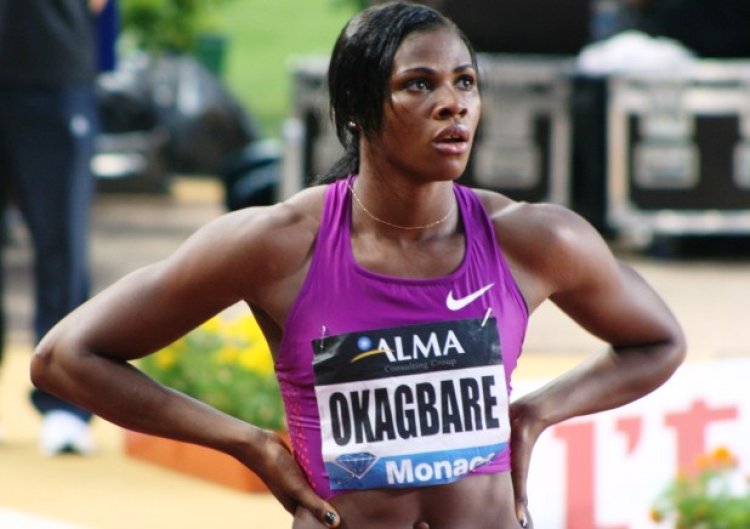Okagbare and Lira in the news as British and Jamaican athletes appear in court for the use of performance enhancing drugs

An American therapist Eric Lira, who was found to have given drugs to star athletes including Nigerian sprinter Blessing Okagbare, who is serving a 10-year ban, now a British Olympic athlete has been accused of doping in court papers filed in the US.
The unnamed track-and-field star is said to have been given banned drugs by an American therapist before the Olympics in Tokyo two years ago.
It is understood the Athletics Integrity Unit — the sport’s global drug busters — are now investigating and could soon bring charges.
Earlier this year, Eric Lira, the therapist at the center of the scandal, pleaded guilty to supplying banned substances to athletes and is awaiting sentencing.
Lira became the first individual charged under the Rodchenkov Anti-Doping Act, legislation named after the former Russian anti-doping official turned whistleblower Grigory Rodchenkov.
One of the athletes Lira supplied was Nigerian sprinter Blessing Okagbare, who was banned from Tokyo 2020 after testing positive for human growth hormone.
The Beijing 2008 Olympic long jump silver medalist was disqualified from the Tokyo 2020 Olympics before the women's 100m semi-finals.
Okagbare has been banned for 11 years after testing positive for human growth hormone (HGH) in an out-of-competition test in Slovakia before the Games, as well as failing to cooperate with the investigation.
An indictment filed in New York has implicated two others — one Brit and one from Switzerland.
In the papers, it says: ‘Lira met with a third Olympic athlete who competed on behalf of the United Kingdom multiple times in the summer of 2021 to provide him with PEDs.’
Elsewhere, world indoor silver medallist, Dewayne Barrett is in hot water over the doping case that saw Okagbare banned for 11 years.
Federal prosecutors charged Barrett, along with O’Neil Wright, another former elite athlete, as part of a widening case alleging a conspiracy to supply banned performance-enhancing drugs for athletes in advance of the Tokyo Olympics.
An indictment unsealed Thursday in the Southern District of New York charges Wright and Barrett with working to provide sprinters from Nigeria, Switzerland, and Britain with drugs to get them ready for the Tokyo Games.
The indictment says Wright and Barrett worked with Eric Lira, who has already pleaded guilty under the Rodchenkov Anti-Doping Act, which was passed in 2020 to target wide-ranging doping schemes across the globe.
One of the athletes Lira worked with was Okagbare, a 2008 Olympic silver medallist, whose 11-year ban was handed down for taking human growth hormone and the blood-booster erythropoietin (EPO) and also for failing to cooperate with the investigation.
EPO and HgH were among the drugs Barrett and Wright were discussing with Lira, labeled as “Co-conspirator 1” (CC-1) in the indictment.
“Prices. CC-1 responded via text message: ‘100 million stem cells at $1900, Human Placenta is $350, Hgh 12 mg $450,’” the indictment said, in recounting a text exchange between Barrett and Lira.
The indictment details an exchange with Okagbare, who is referred to as “Athlete 1,” in which Barrett asked: “How do you need us to help you and (another athlete) be gold medalist?” And, later: ”U need a coach that will lie for you.”
Wright was a 200 and 400-meter sprinter for Liberia who ran at the 2005 World Championships. Barrett won a silver medal for Jamaica in the 4x400 relay at the World Indoor Championships in 2008.
Neither Wright nor Barrett immediately returned messages left by The Associated Press via email and social media.




















